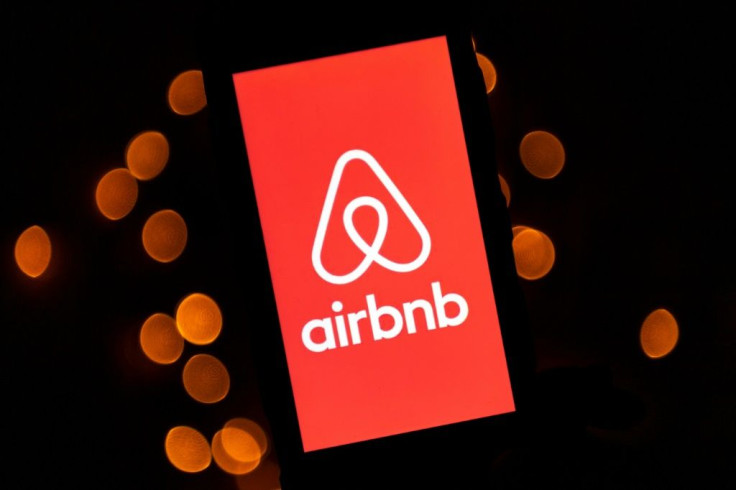Airbnb Files For Initial Public Offering
Home-sharing startup Airbnb on Wednesday said it has confidentially filed with US regulators for an initial public offering.
The number of shares and price has yet to be determined, according to the San Francisco-based company.
The move comes as the travel industry suffers an economic blow from the coronavirus pandemic amid slowdowns in tourism.
Airbnb recently said it had seen bookings begin to "bounce back" and unveiled an initiative to promote short-range travel as pandemic restrictions ease.
"It does look like people are a bit more comfortable going someplace and staying in a person's house instead of a hotel," said technology analyst Rob Enderle of Enderle Group.
Chances that the US stock market could crater later this year due to unemployment and ebbing stimulus money was likely a factor in the decision by Airbnb to go public at a time when the travel industry is struggling, the analyst added.
"Airbnb is moving now because the market is hot, people are staying at Airbnb properties, and the market could go south," Enderle said.
"Eventually, the market will reflect the unemployment. So better to IPO before things get really bad and they have to wait a few years."

Airbnb has been working with local authorities, charities and tourist agencies to entice potential visitors and stimulate economic activity.
"The travel industry, including Airbnb has been hit hard by COVID-19 and there will continue to be tremendous uncertainty," the company said in a June blog post.
"But, our booking data shows that travel is beginning to bounce back."
Earlier this year the company slashed a quarter of its workforce -- around 1,900 people -- as the coronavirus pandemic crushed the travel industry.
The cuts were needed for the company to survive until people started traveling again, Airbnb co-founder and chief executive Brian Chesky said in a blog post at the time.
The company recently announced new cleaning "protocols" to reassure travelers.
Airbnb last week began testing in Britain, France and Spain a ban on people younger than 25 with fewer than three positive ratings from renting entire homes close to where they live to avoid them being used for big parties.
It followed similar measures in the United States and Canada, and a strengthening of an Airbnb ban on gatherings that violate public health mandates in response to the coronavirus pandemic.
Airbnb began cracking down last year as rowdy parties were causing problems with neighbors, and the coronavirus pandemic ramped up concern about events where social distancing measures are flouted.
© Copyright AFP 2024. All rights reserved.





















